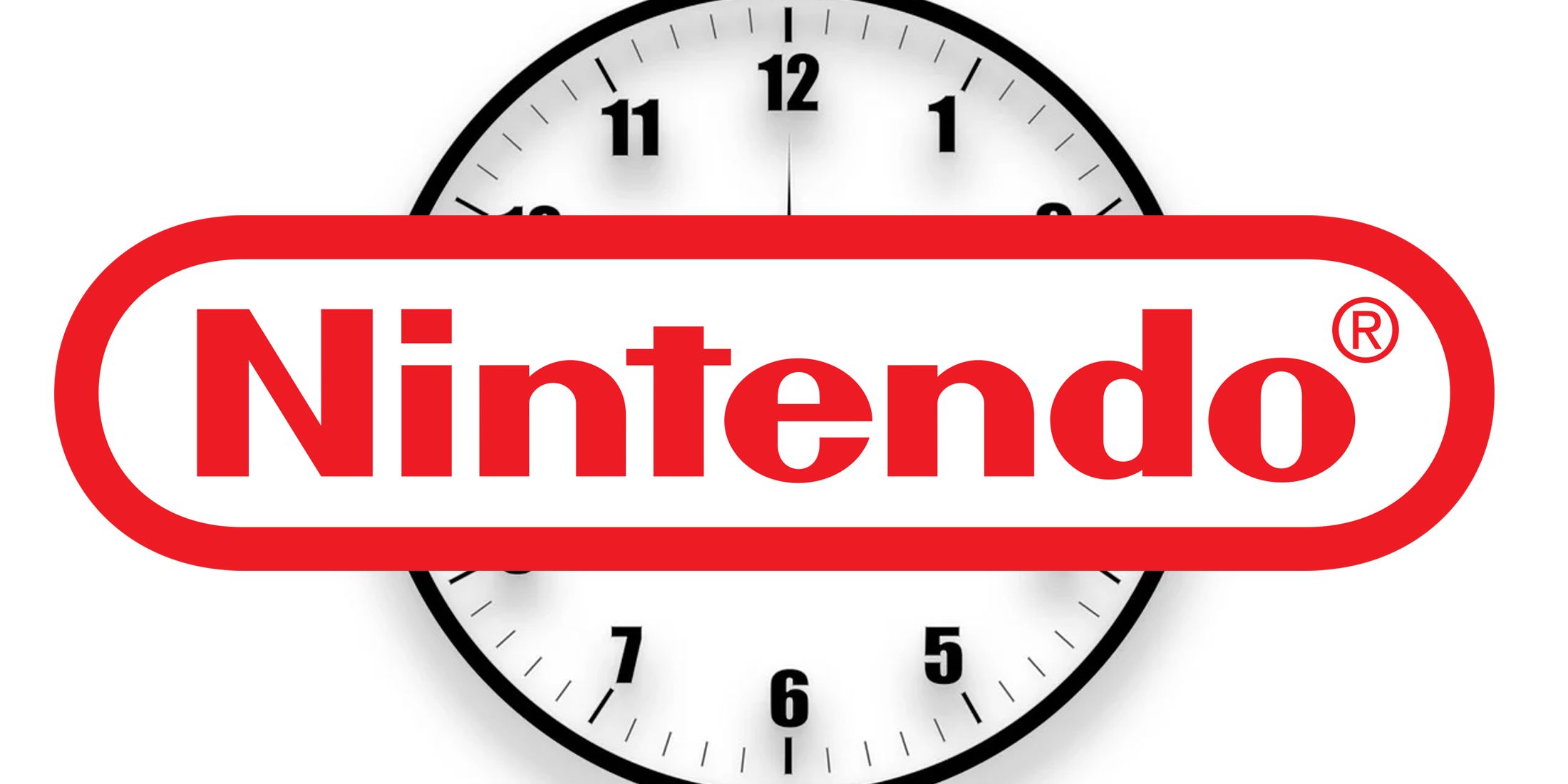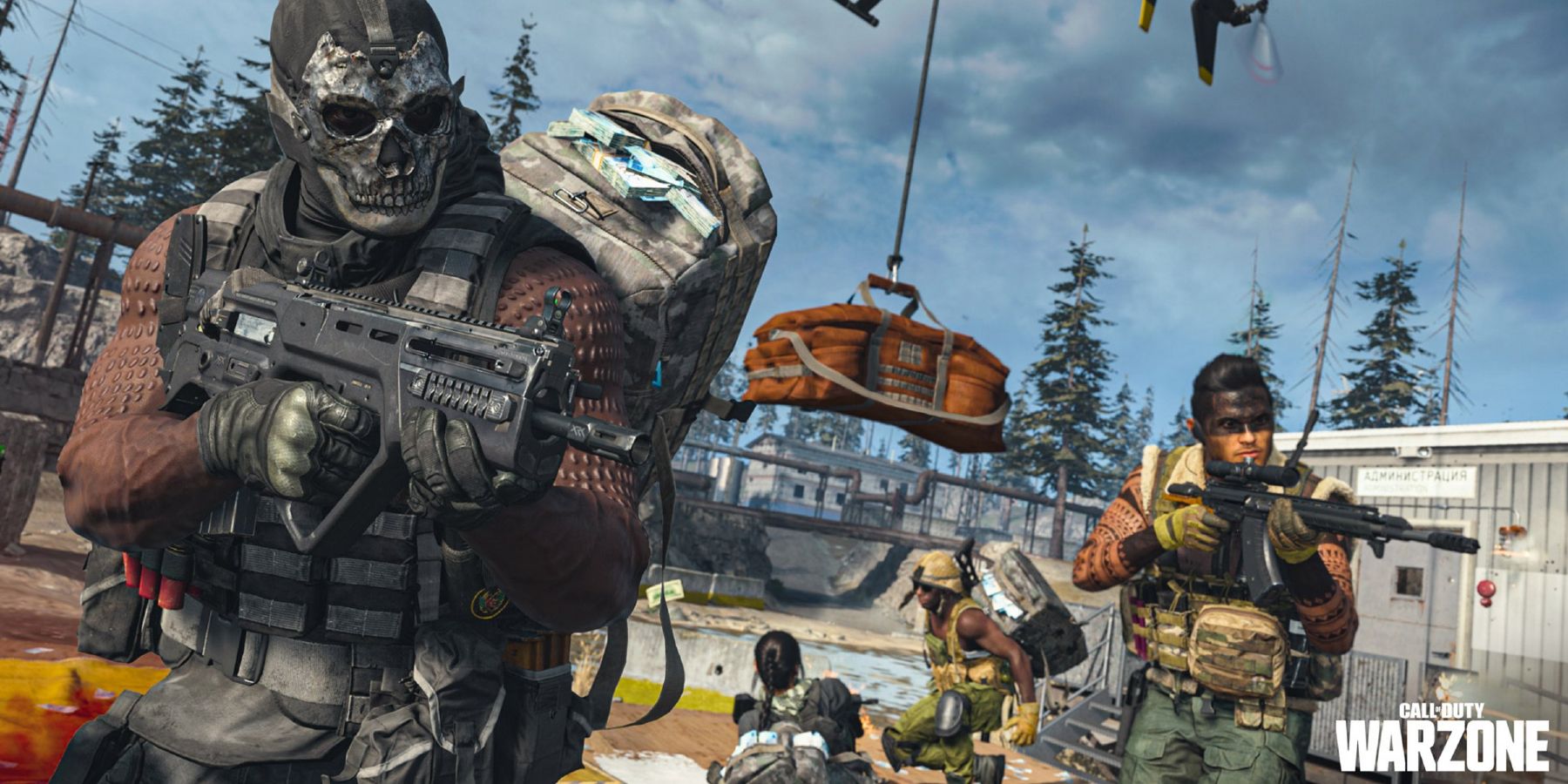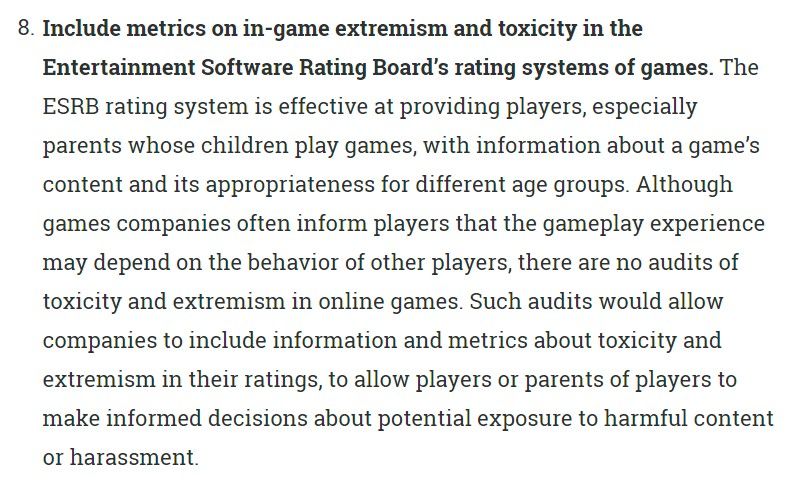Although the Entertainment Software Ratings Board (ESRB) has been reviewing game content for many years, it has had very little to do with online gameplay experiences. The Anti-Defamation League (ADL) believes that the ESRB should take its content rating one step further, and begin assessing just how toxic various gaming communities are.
Many people have used them in selecting games for their children, others completely ignore them, but the ESRB letter label on the front of the game box has been a standard of the industry for over 20 years. It has been the ESRB's responsibility to provide players and buyers just what type of content can one expect in their games, particularly what is coded into it. Naturally though, in the age of online gaming, where players can interact and speak to one another, there is no way of telling what sort of experiences players may encounter. A large step in making people aware of online interactions occurred last year when the ESRB began placing microtransaction and loot box labels on game boxes.
In a new document, the ADL calls upon the ESRB to provide more information on the toxicity and extremism in online games. "Hate is No Game: Harassment and Positive Social Experiences in Online Games 2021," is a new educational piece from the ADL which gives a detailed statistical analysis of the negative experiences of online gamers, and recommendations that the industry should take in order to improve the online experience. The recommendation in question is the eighth point: "Include metrics on in-game extremism and toxicity in the Entertainment Software Rating Board's rating systems of games." Previously, the ADL called Steam a breeding ground for extremism.
This point starts with the acknowledgement of the ESRB's current abilities at rating game content, and its age-appropriateness, as well as its warnings that gameplay experiences may depend on the behaviors of other players. This is where the ADL's request begins: despite what the ESRB is currently doing, "there are no audits of toxicity and extremism in online games." It continues, pointing out the benefits of these audits: "Such audits would allow companies to include information and metrics about toxicity and extremism in their ratings, to allow players or parents of players to make informed decisions about pottential exposure to harmful content or harassment."
In the past, the ESRB's ratings have not always been precise, but for knowing what is developed in a game, it can be a useful tool. Here, the ADL raises a good point about online interactions, about how vile and toxic certain communities can be. Over the summer, Roblox users were finding recreations of mass shootings, a disturbing use of a seemingly inoccuous platform that quickly caught the ADL's attention. While the intentions of the ADL are positive, there is no feasible way that the audits it desires can be produced by the ESRB, as every game, and every community are different.
Source: ADL





